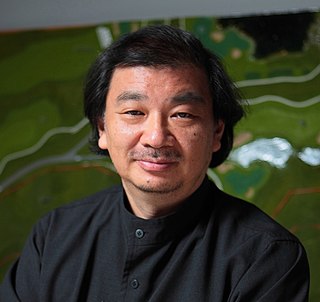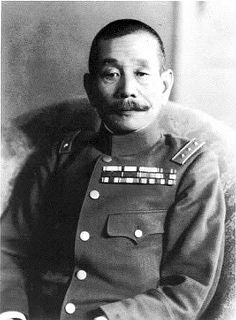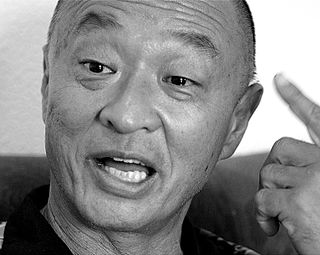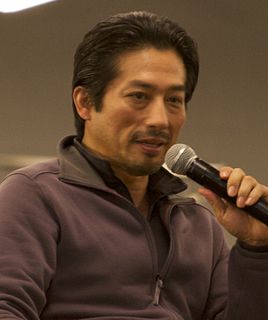A Quote by Andre Villas-Boas
I want to discover Japanese culture and Japanese football.
Related Quotes
As well as Japanese animation, technology has a huge influence on Japanese society, and also Japanese novels. It's because before, people tended to think that ideology or religion were the things that actually changed people, but it's been proven that that's not the case. Technology has been proven to be the thing that's actually changing people. So in that sense, it's become a theme in Japanese culture.
The Japanese army is now prepared to use every means within its power to subdue its opponents. The objectives of the Japanese Expeditionary Forces are, as clearly set forth in statements issued by the Japanese Government, not only to protect the vested interests of Japan and the lives and property of the Japanese residents in the affected area, but also to scourge the Chinese Government and army who have een pursuing anti-foreign and anti-Japanese policies in collaboration with Communist influences.
Playing Japanese characters and being in environments that are Japanese, like a character's apartment or whatever, if you have directors or art directors who just don't know what' s what with Japanese culture, then pretty soon something's just passed through. I've been through many times where I've pointed out the incorrectness of so much of what's been done to a set.
Keanu Reeves learned a lot, respecting the culture. I was surprised when I first met him. He knew a lot already and he learned a lot. And also he learned Japanese. It's incredible. On the set, switching between the Japanese and English, even for us, is very hard. It's complicated. But the first time Keanu spoke in Japanese it was a very important scene between us, and more than the dialogue's meaning, I was moved. His energy for the film, completely perfect Japanese pronunciation. It was moving, surprising, respecting.
It is sobering to recall that though the Japanese relocation program, carried through at such incalculable cost in misery and tragedy, was justified on the ground that the Japanese were potentially disloyal, the record does not disclose a single case of Japanese disloyalty or sabotage during the whole war.



































